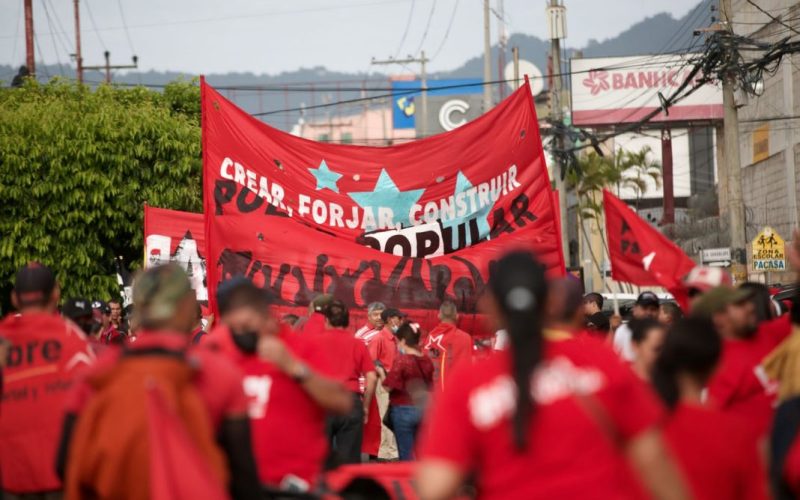The march organized by various churches in the country brought together a crowd that expressed its disagreement with the political project promoted by the Libertad y Refundación (LIBRE) party. The event, which took place in a peaceful atmosphere, was perceived by broad sectors of society as a citizen demonstration against the current political direction, and opened a new chapter in the relationship between religious institutions and political power.
Mass participation and rejection of government proposals
The demonstration, involving Catholic and Evangelical believers, focused on opposing what they perceive as a socialist political framework. As stated by the organizers, the rally aimed to alert about potential threats to democracy and individual freedoms. The magnitude of the participation has been seen as a sign of the extent of dissatisfaction within specific segments of the population, especially those associated with religious groups.
Reactions to boycott attempts
Local news outlets and religious figures suggested that the governing party tried to restrict the march’s reach using barriers, threats, and misinformation drives. While these claims have yet to receive official confirmation, they’ve entered the public discussion and contributed to the storyline of opposition to the administration.
The ultimate outcome revealed that these tactics did not deter a large turnout, thereby amplifying the event’s symbolic and political significance.
Political and institutional implications
The march highlighted the mobilization capacity of the churches, which are consolidating their position as important actors in the Honduran political arena. This raises questions about the role of religious organizations in the democratic debate and the boundaries between social action and political advocacy. For the LIBRE party, the episode was a demonstration of the level of opposition it faces in different sectors of society. It also highlighted the ruling party’s difficulties in containing citizen mobilizations in a context of high political polarization.
A changing landscape
The development of this demonstration reflects a situation marked by tensions between the government, religious institutions, and citizens. In the short term, the event could have an impact on the political dynamic, both in terms of the configuration of social alliances and the ruling party’s ability to sustain its project.
The episode demonstrates that governance in Honduras is intricately connected to the engagement of diverse social and political players, which predicts a situation of vigorous discussion regarding the nation’s institutional trajectory.




